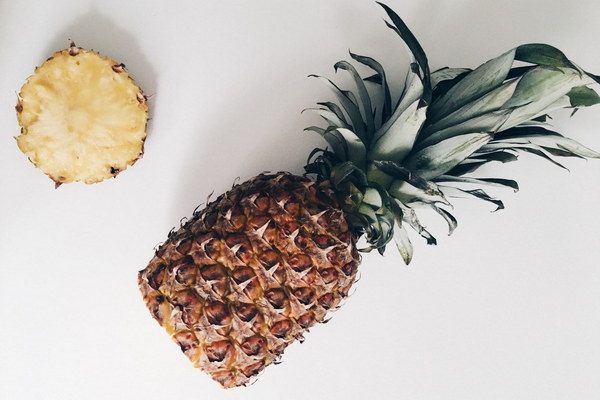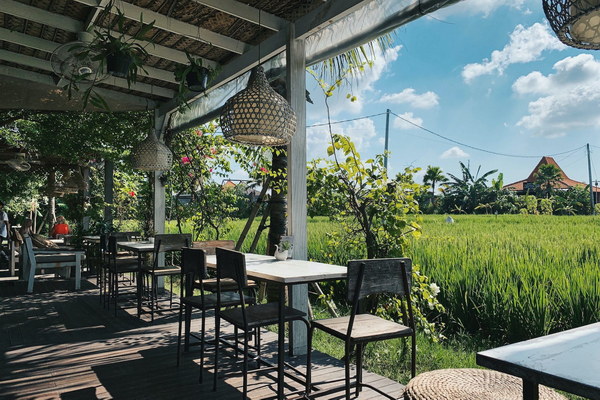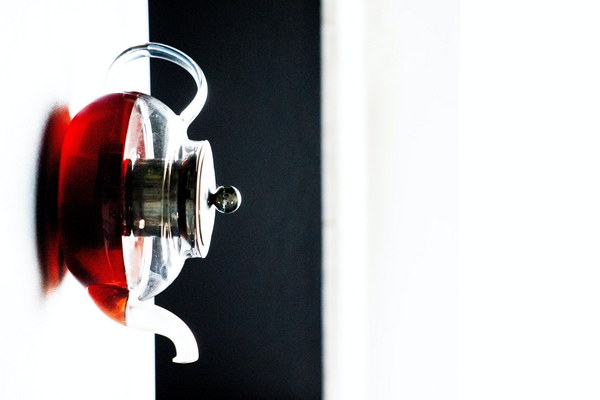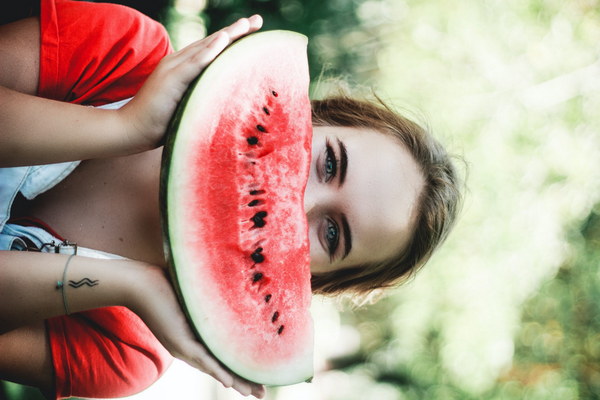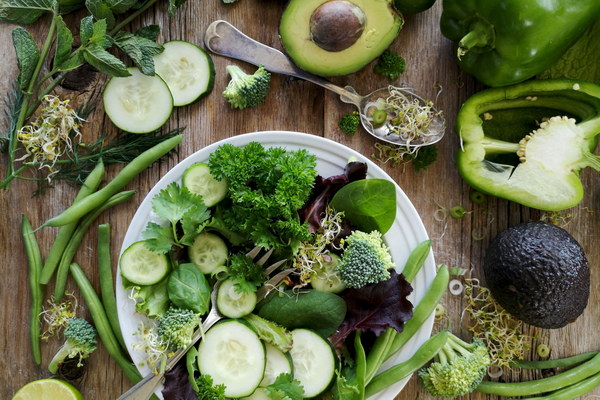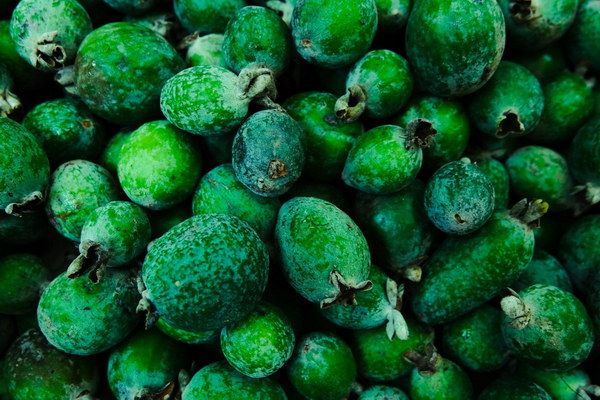Why Does Drinking Diuretics Lead to Increased Appetite Unveiling the Surprising Connection
Introduction:
Drinking diuretics, or water pills, is often recommended for individuals suffering from water retention or those with conditions like hypertension or heart failure. However, many people have reported experiencing increased appetite after consuming diuretics. In this article, we will explore why this happens and shed light on the fascinating connection between diuretics and appetite.
1. Understanding Diuretics:
Diuretics are medications that increase urine production, thereby helping the body eliminate excess fluid and reduce swelling. They are categorized into different types, including thiazides, loop diuretics, and potassium-sparing diuretics. While these medications are beneficial for managing certain health conditions, their side effects can sometimes be unexpected.
2. The Role of Sodium and Appetite:
One of the primary mechanisms by which diuretics work is by increasing the excretion of sodium and water from the body. This process can lead to a decrease in blood volume and blood pressure. However, the loss of sodium also affects the body's sodium-water balance, which plays a crucial role in regulating appetite.
3. Decreased Sodium Levels and Increased Appetite:
When the body loses sodium through diuretics, it can trigger a compensatory response that increases appetite. The hypothalamus, a region in the brain responsible for regulating hunger, detects the decrease in sodium levels and sends signals to the body to consume more food. This mechanism ensures that the body replaces the lost sodium, maintaining the balance.
4. The Role of Leptin and Ghrelin:
Two key hormones, leptin and ghrelin, also play a significant role in regulating appetite. Leptin is produced by fat cells and signals the brain to reduce appetite, while ghrelin stimulates appetite and promotes hunger. When diuretics deplete sodium levels, the body's response is to increase the production of ghrelin, leading to an increased desire for food.
5. Psychological Factors:
Apart from the physiological reasons mentioned above, psychological factors can also contribute to increased appetite after drinking diuretics. Individuals may experience a sense of deprivation or stress due to the restrictions imposed by their medical condition or treatment. This can lead to emotional eating or a heightened desire for food, further exacerbating the issue.
6. Managing Increased Appetite:
If you are experiencing increased appetite while taking diuretics, here are some strategies to help manage it:
a. Maintain a balanced diet: Focus on consuming a variety of nutrients, including proteins, carbohydrates, healthy fats, and fiber. This will help keep you feeling satisfied and reduce the urge to overeat.

b. Stay hydrated: Although diuretics increase urine production, it is important to drink plenty of water throughout the day. This can help prevent dehydration and maintain the body's sodium-water balance.
c. Monitor your salt intake: Since diuretics can cause sodium loss, it is essential to monitor your salt intake. Avoid high-sodium foods and opt for low-sodium alternatives to prevent further depletion.
d. Seek professional advice: Consult with your healthcare provider about the use of diuretics and any concerns you may have. They may be able to recommend alternative medications or adjustments to your treatment plan.
Conclusion:
Drinking diuretics can lead to increased appetite due to the complex interplay of physiological and psychological factors. Understanding the underlying mechanisms can help individuals manage this side effect effectively. By adopting healthy eating habits, staying hydrated, and seeking professional advice, individuals can minimize the impact of increased appetite while on diuretic therapy.
